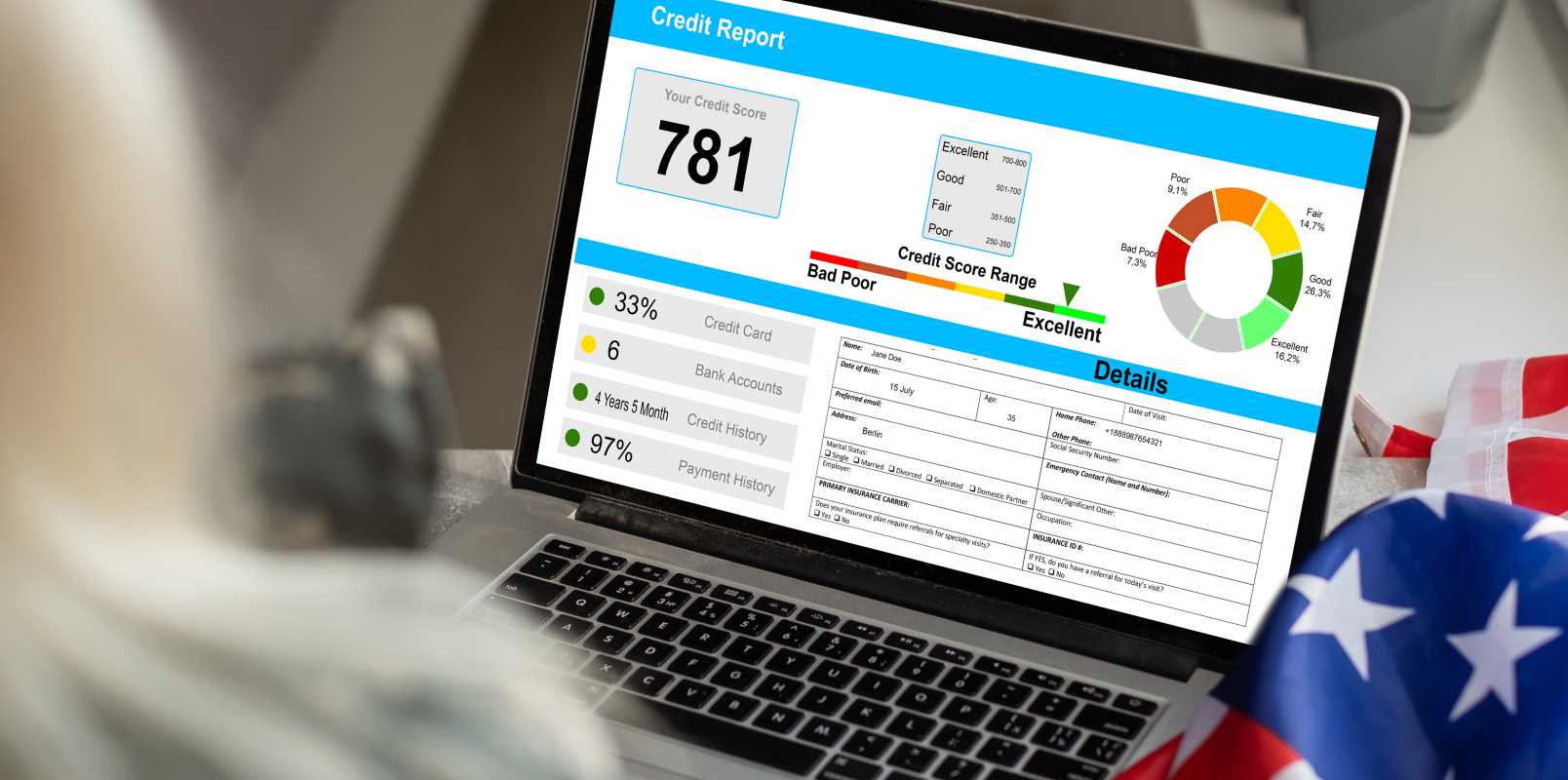Receiving your first substantial paycheck brings a surge of excitement, yet it sometimes leads to unplanned purchases and overlooked expenses. Build confidence with your money by setting up easy routines that help you keep track of where it goes. Clear, consistent actions make managing your finances less overwhelming and more rewarding. Creating a plan for your spending and saving does not require advanced knowledge—just a willingness to put a few practical steps into action. By taking these small measures, you can enjoy your hard-earned income while maintaining a sense of stability and direction in your financial life.
This guide runs through five core habits that shift control to you, rather than your spending. You’ll move from guessing what’s in your bank account to knowing exactly where each dollar goes and growing your savings without a second thought. Ready to reshape your money routine? Let’s dive in.
Habit 1: Track Every Expense
Watching your money slip away from evening takeout or weekend shopping feels like observing a hole in a leaky bucket. Stop the drip by recording every expense in one place. Start with an app or a simple spreadsheet and write down every charge—no detail is too small.
Set a daily reminder to log transactions. Over time, you’ll notice patterns and stop impulse buys before they spiral out of control. Keep this list visible so you can adjust as you go and celebrate small wins, like zero overspend days.
- Mint for automatically importing bank data and easy categorization
- YNAB for goal-based budgeting with proactive alerts
- Simple spreadsheet with columns for date, vendor, category, and notes
- Receipt photo log in your phone’s gallery for quick reference
Habit 2: Automate Savings
Moving cash manually to a savings account rarely works when rent or bills are due. Automation moves money before you see it, so you never miss what you don’t notice. Within minutes, you’ll set up an effortless savings pipeline.
Use automation to set aside funds for emergency savings, travel, or a down payment. This way, each savings pool grows without one goal draining another. Follow these steps to set it up once and let it run automatically:
- Log into your online bank, select “Automatic Transfers,” and choose a frequency—weekly or biweekly that matches your pay schedule.
- Set an amount that feels comfortable; even $25 per paycheck adds up over time.
- Choose your savings account as the destination; create multiple accounts if you want separate goals.
- Review transfer history monthly to adjust as your income or expenses change.
Habit 3: Focus on High-Interest Debt
Credit card balances with double-digit rates can undo your best efforts. Pay off high-interest debt first to reduce overall interest paid, freeing up cash for faster progress. Collect each minimum payment and direct extra funds toward the highest-rate account.
After paying off that balance, roll the freed-up money into your next debt—often called the debt avalanche method. This targeted approach shortens your payoff timeline and keeps your motivation high.
Habit 4: Create a Flexible Budget
Rigid budgets tend to fail when unexpected costs arise. A flexible plan assigns each dollar a purpose but leaves room for treats or surprises. Think of categories as adjustable buckets rather than fixed boxes.
Start by listing your fixed costs—rent, utilities, loan payments. Subtract that from your income to determine your “flex funds.” Divide that amount between spending, savings, and debt repayment. If a weekend trip or gear upgrade comes up, shift some money from the spending category instead of abandoning your whole plan for the month.
Habit 5: Review and Adjust Monthly
Money habits change quickly as income, bills, or priorities shift. Spend no more than 15 minutes each month reviewing your expenses, comparing them to your budget, and identifying leaks.
Ask yourself: Did any category overshoot? Where did you underspend, and how can you redirect that surplus? These quick reviews help you fine-tune your automation, adjust spending limits, and stay on track without feeling overwhelmed.
Adopting these habits makes your financial system run smoothly, allowing you to focus on your career and life. Control replaces guesswork, reducing stress and boosting confidence. Over time, you'll achieve more progress than you expected.
 (Image via
(Image via





